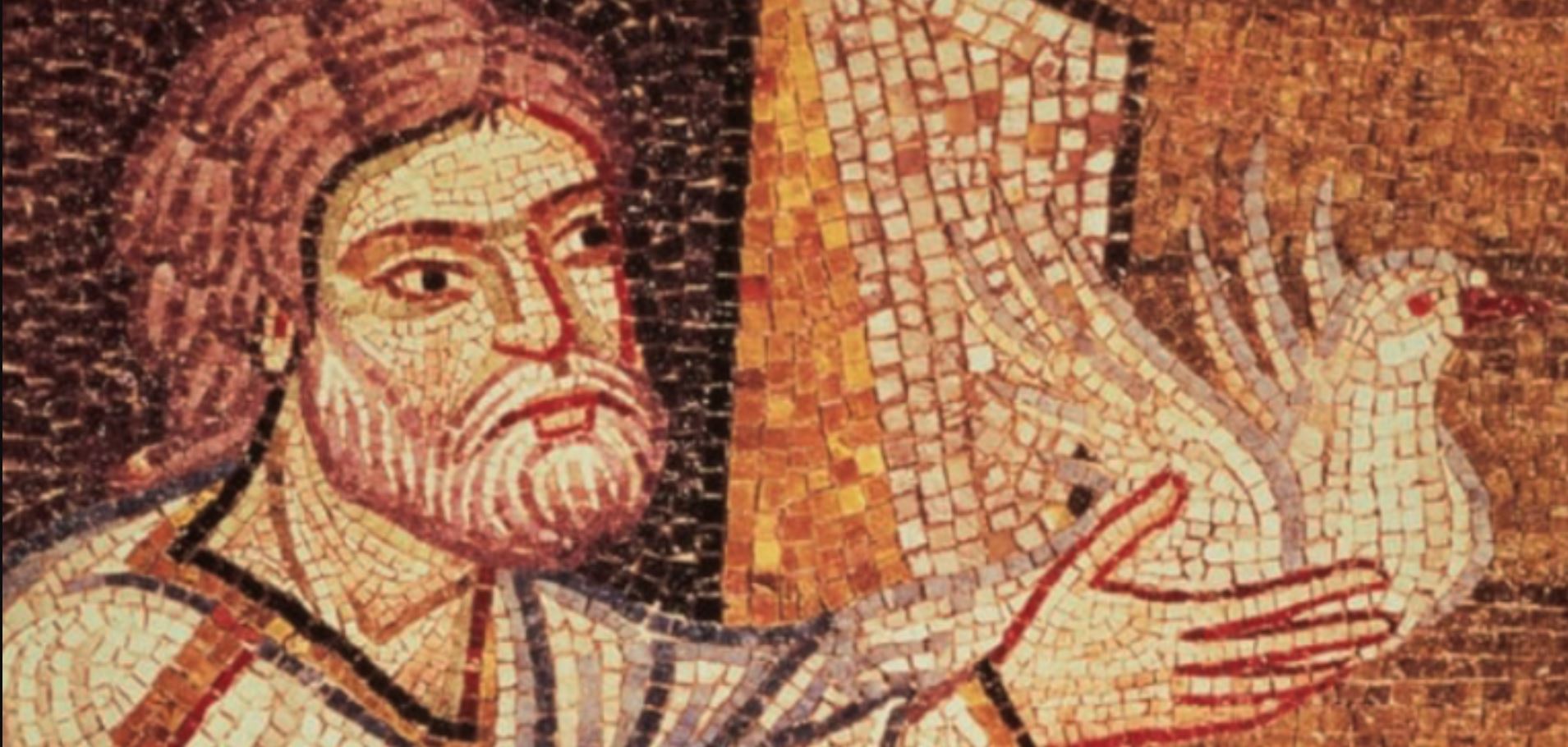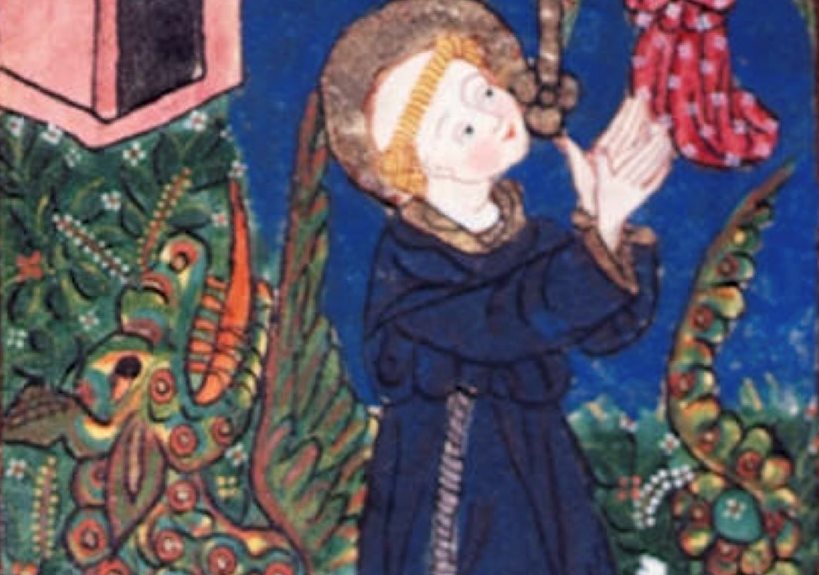A 2-day online workshop to be held 24–25 March 2022, organised by Amy Brown (University of Bern) and Lucy Fleming (University of Oxford). This interdisciplinary event brings together specialists in literature, retelling, and feminist practice to consider how adaptations address various forms of violence in and from their canonical source-texts. Sources and adaptations examined may be in any language, though the workshop will be conducted primarily in English. Please submit proposals for 20-minute conference papers and/or text workshops online or via adaptingviolence@gmail.com. The deadline for submissions is 15 December 2021; we welcome papers from faculty members as well as postgraduates and early-career researchers. The workshop is supported by the University of Bern Fund for Promotion of Young Researchers. Attendance is free.
Plenary Sessions:
- Urvashi Chakravarty (University of Toronto), Keynote Speaker
- Maria Sachiko Cecire (Bard College), Plenary Respondent
- Chitra Banerjee Divakaruni (University of Houston), Author Talk
- Round Table on violence in adaptations (TBA)
Proposal Portal:
Due by 15 Dec 2021. For proposals we ask for a title, a 200 word abstract, and for ‘Text explorations’ an excerpt or description of the media you’ll share. Please submit online through our proposal portal – but if you have any problems, email us ( adaptingviolence@gmail.com ). Do note that the responses cannot be saved to return to later – you’ll want to draft your abstract somewhere else and paste it in.
Rationale:
Jyotika Virdi (2006) described the feminist creator seeking to represent rape in film as caught between a ‘rock and a hard place’’—that is, between the ethical call to represent oppressive reality, and the risk that representing violence may perpetuate harm. Similar concerns underlie the representation—in film, literary retellings, and other forms of adaptation—of racial violence, homophobia and transpohbia, and graphic physical violence, all of which are common in works held in high esteem for their literary and/or cultural value. Violence in these ‘classic’ works thus becomes a flashpoint for social, political, and creative tensions. In response, adaptations may reify violence in these texts, or critique it; they may represent violence in the name of fidelity, or seek to reclaim the text. Both adaptors and scholars must grapple with difficult questions: When is violence in adaptation important or useful? When is it negligent or even harmful? What uses does violence serve when adapting culturally prestigious texts, and how is these texts’ very prestige linked to the violence they contain?
This two-day, online workshop will bring together specialists in the contemporary adaptation of ‘classic texts’ and adaptation as a premodern cultural practice to consider what concerns shape the reception and re-visioning of violence. We will explore the stakes involved in adaptation, and the uses and abuses of violence in adapting texts of high cultural value.
We define ‘violence’ broadly, including both physical violence and social oppressions, and are interested in considering adaptation strategies across and in reaction to different axes of power, including but not limited to race, gender, and sexuality. In this workshop we seek to bring together scholars working on adaptations (any period) of ‘high status cultural texts’, where the source texts predate 1865. Those texts religious, mythological, artistic and historical source-texts as well as literary forms, and adaptations may be in widely varying media. These source-texts need not derive from any particular language, region, or literary tradition; rather, we aim to feature studies from a wide range of cultural contexts and time periods, to approach our central questions from many varied perspectives. In asking what it means to (re-)write violence, potential papers could address:
- Case studies grappling with the ethics of rewritten violence;
- Applying a lens of feminist theory, queer studies, violence studies, trauma studies or other interdisciplinary modes to ‘classic’ texts;
- Retellings or adaptations that challenge contemporary/contemporaneous ideas of violence;
- Retellings for particular or unusual audiences or readerships;
- The canonization of works containing violence;
- How adaptations and retellings relate to ‘real-world’ violence;
- The act of adaptation as a form of violence;
- Rewritings of violence that are radical, liberating, and even empowering acts.
Workshop Format:
This workshop will be entirely online, with both synchronous and asynchronous participation options possible. Given the nature of global online conferences we anticipate that many participants will alternate between synchronous and asynchronous participation depending on their location, work and/or family commitments, accessibility needs, and other considerations. Some material will be uploaded and professionally captioned in advance; plenary sessions will be recorded, professionally captioned, and uploaded after the fact. Still other sessions will be unrecorded.
Further Information:
For full details, please visit the workshop website.


